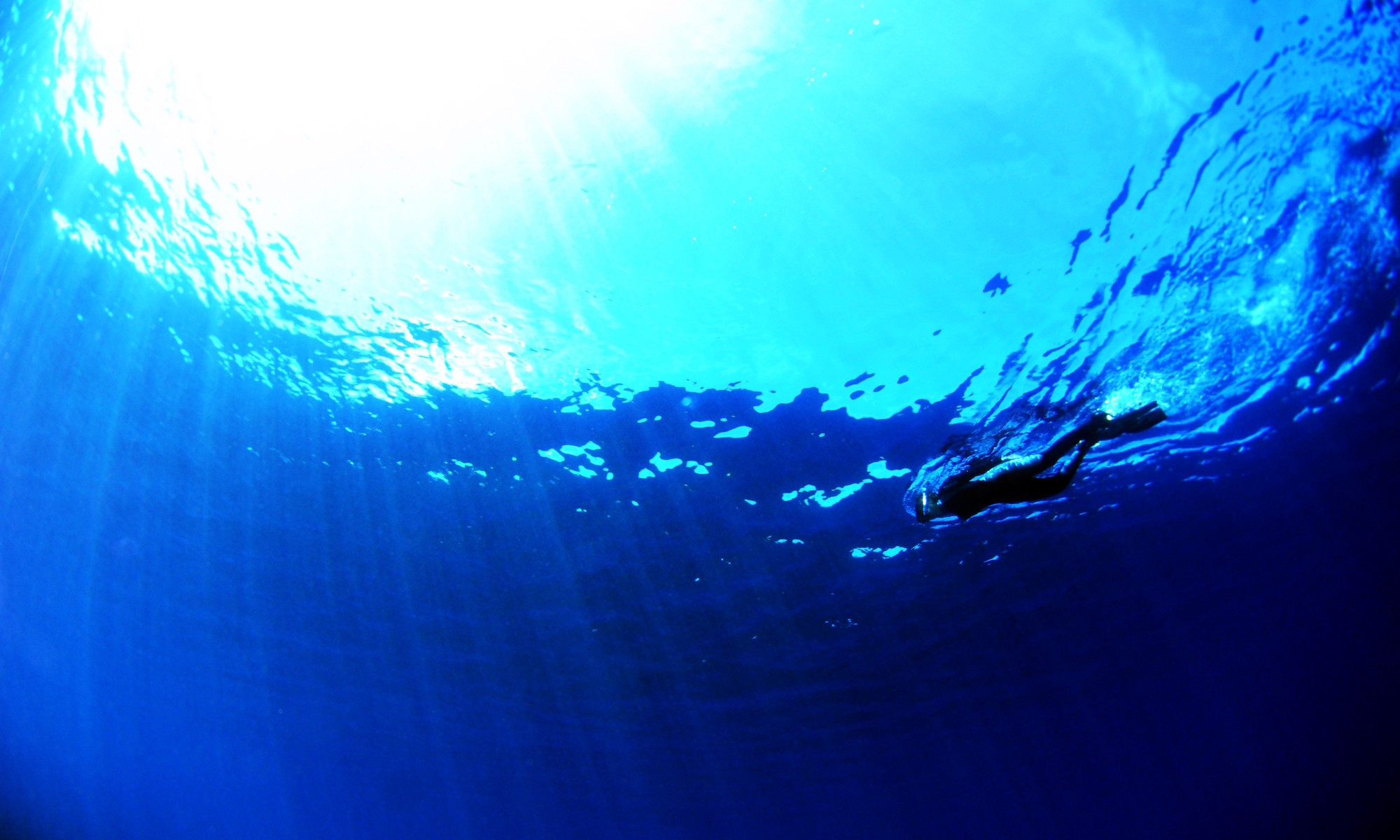Do you have a great listener in your life? I hope you do. A friend. A partner. A parent. A sibling. A child. A colleague. A coach, mentor, or counsellor. Whoever it may be, I bet that person is a blessing in your life.

When you share something—whether it be a hilarious tale, stressful problem, or vulnerable confession—they lock onto your every word.
They lean in intently, as if listening with their entire body and being.
They nod or laugh or gasp or clutch their heart at just the right moment.
They focus on your facial expressions, body language, and tone of voice as much as—if not more than—your actual words. It’s a holistic, multidimensional type of listening.
Their eyes are mirrors, reflecting back what you are feeling. It’s empathy, plain and simple.
They don’t interrupt but instead offer short but powerful validations: “Oh man!” or “Wow!” or “No way!” or “I can only imagine . . .”
If they ask questions, it’s not to criticize or challenge but to urge you to go deeper or to help you discover a new angle.
They know how and when to gently guide you back on track when you lose your train of thought.
They have a knack for synthesizing all that unfiltered stuff streaming out of your mouth and offering it back to you in a beautifully clarified statement—as if they somehow know what you’re saying better than you do.
In fact, they even listen to what you’re not saying. They have this downright spooky sense that allows them to hear between the lines.
With all this and more, they make you feel heard, seen, understood, safe, validated, valued.
Not everyone is a great listener, though. Truth be told, most people aren’t. Most people fall somewhere on an ever-shifting spectrum between “pretty good listener” to “serviceable listener” to “Huh? Did you say something?”
And that’s OK. That’s human nature. I hope we’re all at least trying our best. Thankfully, listening is a skill that can be learned, practiced, and strengthened, if we’re so inclined.
So in a world of mediocre listeners, there’s something special and rare about these naturally gifted ones. They are truly amazing. As I said above, I hope you have one in your life.
And if you’re an author, I hope you have one as your editor.
Because editing is listening.
Look back at the descriptions above and scan for the keywords: lock on, lean in, focus, holistic, multidimensional, mirrors, reflecting back, empathy, powerful validation, go deeper, discover a new angle, gently guide, synthesizing, clarified, spooky sense, hear between the lines.
Those concepts apply to editing in roughly the same ways they apply to interpersonal communication.
As an author, don’t you want to feel heard, seen, understood, safe, validated, valued? Wouldn’t it be wonderful to feel that way during your edit?
My number one goal is not to help you improve your book. Now don’t fret—improving your book is, indeed, one of my goals. A really big one, yes. Just not the biggest.
Rather, my most important goal is to be a great listener for your book as well as for you. If I can’t be a great listener, then I can’t begin to help you improve your book—at least not beyond putting some commas in the right spots.
As I was writing this post, I decided to check out the testimonials on my home page. I hoped I’d be lucky enough to find something, somewhere, from someone who mentioned listening, being heard, or a related idea.
I was delightfully shocked, then, to see the very first words of the very first testimonial: “Angie takes time to listen . . .” (Thanks, Joan—you’re the best!)
I’d love to tell you that all editors approach this work the same way I do.
Some do. I’m amazed and inspired to see how many people take my immersion editing classes because they, too, believe in this approach. They, too, understand that this is about so much more than words on a page.
But other editors—surface editors—are often not so great when it comes to this listening concept. At best, they might land in that “serviceable” spot on the spectrum. At worst, they might be the editorial equivalent of “Huh?”
How do you know an editor is a not-so-great listener?
Well, how do you know a friend, colleague, or family member is a not-so-great listener?
You just know, right? You can feel it. You feel dismissed. Ignored. Belittled. Misunderstood. Disrespected. Annoyed. Hurt. Miffed. You name it—you’ve felt it. We all have.
It’s the same thing with editors. You just know it.
You might detect poor listening in a literal sense, with the editor not taking time to chat with you, not replying to emails, or not allowing you to raise comments and questions.
Or maybe you’ll detect it in a literary sense, with the editor misunderstanding your voice, message, and intentions and therefore editing your manuscript so poorly that you don’t even recognize it anymore.
Either way, it’s bad.
Do you remember the statement on my home page that says, “You deserve an immersion experience”? Let’s build on that now and say, “You deserve an editor who’s a great listener.”
You flat-out deserve it.
Working with a great listener is not a luxury or some pie in the sky. Don’t ever tell yourself you’re not worth it or that something as fundamental as engaged, empathic listening doesn’t matter in editing.
Writing, editing, and publishing a book is an emotional, meaningful, and vulnerable experience. You need and deserve to feel heard, seen, understood, safe, validated, valued.
I’m listening . . .



